The right to freely express oneself is a fundamental right. Article 19 of the Universal Declaration of Human Rights” states: _“Everyone has the right to freedom of opinion and expression; this right includes freedom to hold opinions without interference and to seek, receive and impart information and ideas through any media and regardless of frontiers.”
The Internet is a new platform for women in Africa to engage freely. However, this freedom has been stifled by online violence against women, manifested in cyberbullying, threats online, body shaming, “revenge porn”,… Read more
Afrisig news
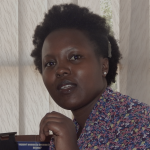
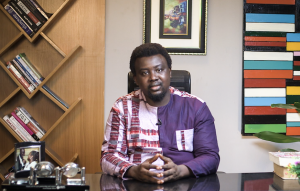
Gbenga Sesan, executive director of Paradigm Initiative Nigeria, joined this year’s African School on Internet Governance as a member of the faculty team, and highlighted the contribution it is making to capacity building on internet governance in the region.
APCNews: What is your general impression about the school?
Gbenga Sesan: The school is an important part of the capacity- building process to get more African civil society actors more knowledgeable about internet governance and I think it’s fulfilling a… Read more
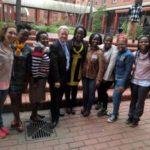
AFRINIC is home to Africa’s regional internet registry, based in Mauritius, and has three other operational offices in South Africa (technical operations), Egypt (backup and disaster recovery) and Ghana (training coordination).
AFRINIC was part of the 2016 African School on Internet Governance (AfriSIG) session on “Multistakeholder internet governance: Achievements, strengths and weaknesses”, where it’s CEO Alan Barrett, stated that multistakeholderism is important to the future of internet governance and AFRINIC believes in this process.
In this interview with… Read more
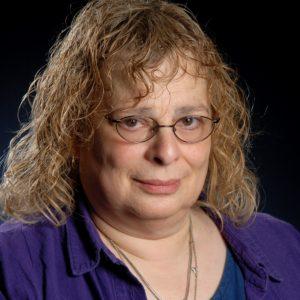
This year’s African School on Internet Governance included a practicum exercise coordinated by Avri Doria, a highly respected member of both the internet technical community and the global internet governance community, as well as an APC member and volunteer. APCNews spoke with Avri to gather her insights on this year’s edition and on AfriSIG in general.
APCNews: What is your general impression about the 2016 AfriSIG?
Avri Doria: This AfriSIG was amongst the better experiences I have had in… Read more

David SouterDavid Souter is a longstanding associate of APC, and has worked for more than 20 years on the relationship between information and communications technologies (ICTs) and public policy, particularly in the areas of development, the environment, governance (including internet governance) and rights. He joined this year’s edition of the African School on Internet Governance (AfriSIG) as a faculty member, focusing on the relationship between internet governance and human rights.
APCNews: What type of role would the internet play in achieving… Read more
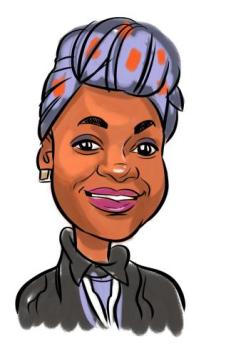
Chenai Chair, researcher and communications/evaluations officer at Research ICT Africa, was an AfriSIG participant and graduate of the 2015 edition. This year, however, she became a member of the faculty, and did a spectacular job as team coach, assisting Avri Doria in the practicum sessions. In this interview, she shares her insights from that new position.
APCNews: How did you generally find this edition of AfriSIG?
Chenai Chair: I found this year’s AfriSIG a class full of young people ready to learn about internet… Read more
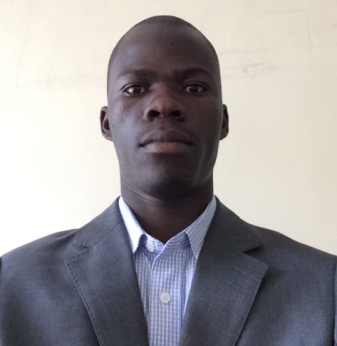
APCNews spoke with Bob Ochieng, ICANN stakeholder engagement manager for Africa and a faculty member for the 2016 African School on Internet Governance, to gather his impressions on the experience. Ochieng had high praise for the diversity represented by this year’s AfriSIG class, as well as a few pointers for future editions of the School. Bob Ochieng
APCNews: What is your general impression about the school?
Bob Ochieng: I think the school was very successful in general with a very active and enthusiastic… Read more
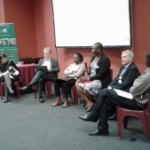
Shortly after this year’s African School on Internet Governance (AfriSIG) was held, the 5th African Internet Governance Forum (AfIGF) took place from 16 to 18 October at the Durban International Convention Centre. The South African government was the host government for the AfIGF, and arguably this year the government of South Africa has made significant strides in participating in multistakeholder settings in relation to internet governance locally and regionally. Prior to AfriSIG and the AfIGF, South Africa had its… Read more

The internet remains one of the historical developments transforming human behaviour, greatly impacting on the social, economic, cultural and political spheres of life at an incredible speed. The recently concluded African Internet Governance Forum held from 16 to 18 October 2016 in Durban, South Africa reaffirmed the great opportunities of the internet, demonstrating its capacity to facilitate economic growth and transform society. Increasingly the internet is changing the way we do business, socialise, engage in politics and activism, and acquire and use information. With a 28.7%… Read more
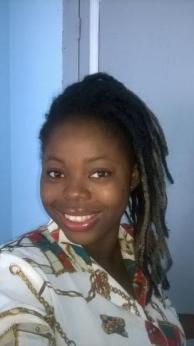
Je vais vous relater l’une des expériences tant personnelle que professionnelle que j’ai vécu cette année.
J’ai eu l’honneur d‘être parmi quelques participants retenus après le test en ligne pour faire partie de la 4e Édition de l’École Africaine de la Gouvernance Internet (en abrégé AfriSIG2016) du 11 au 18 Octobre 2016 ainsi que de la 5e Édition du Forum Africain de la Gouvernance Internet (en abrégé AfIGF), tous deux à Durban, en Afrique du Sud.
Ma participation à ces activités s’est… Read more
